
29,99 €
Versandfertig in 6-10 Tagen
Broschiertes Buch
Impacts on Price Volatility in Grain and Oilseed Markets
1st ed. 2015
9. April 2015
Palgrave Macmillan / Palgrave Macmillan US / Springer Palgrave Macmillan
978-1-349-49041-7
| Gebundenes Buch | 90,99 € | |
| eBook, PDF | 30,95 € |
Gebundenes Buch
Impacts on Price Volatility in Grain and Oilseed Markets
2015 edition
9. April 2015
Palgrave Macmillan / Palgrave Macmillan US / Springer Palgrave Macmillan
978-1-137-41484-7
Ähnliche Artikel

Gebundenes Buch
Eine interdisziplinäre und internationale Bibliographie
11. Oktober 2021
Context Verlag
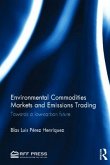
Gebundenes Buch
Towards a Low-Carbon Future
20. Dezember 2012
Routledge

Gebundenes Buch
The U.S. Acid Rain Program
27. November 2003
Cambridge University Press
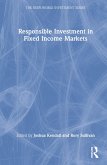

Gebundenes Buch
Environmental Change and Social Flexibility
21. Oktober 1993
Taylor & Francis Ltd

Broschiertes Buch
An Introduction to Environmental Issues
7 ed
3. Oktober 2024
Taylor & Francis Ltd
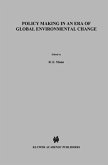
Broschiertes Buch
Softcover reprint of the original 1st ed. 1996
28. September 2011
Springer / Springer Netherlands
978-94-010-7219-9
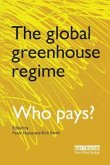
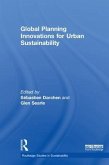
Gebundenes Buch
13. November 2018
Taylor & Francis Ltd (Sales)
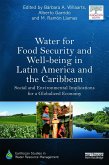
Gebundenes Buch
Social and Environmental Implications for a Globalized Economy
19. März 2014
Taylor & Francis
Ähnlichkeitssuche: Fact®Finder von OMIKRON

